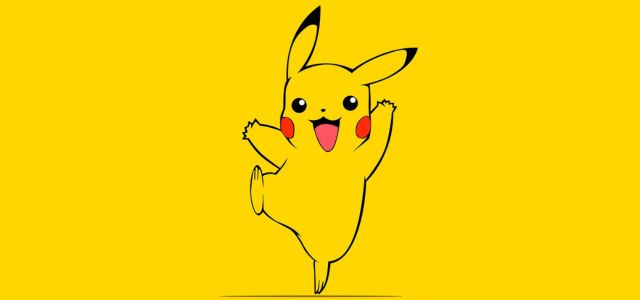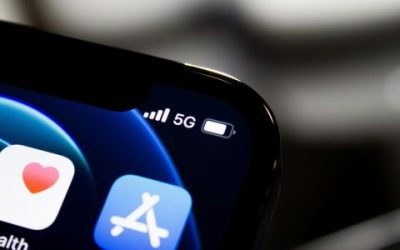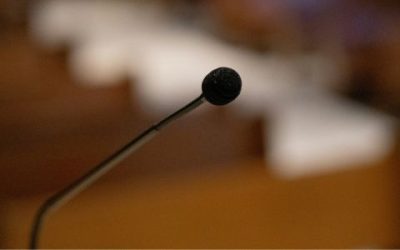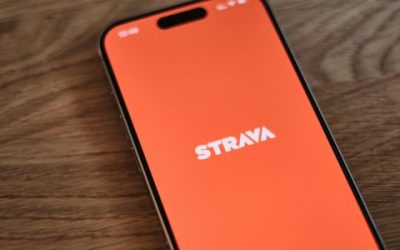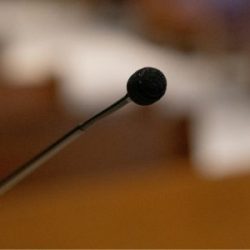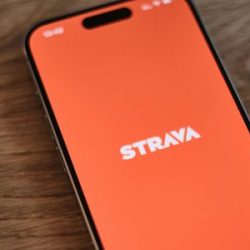Out of the blue on September 19, 2024, video game company Nintendo and The Pokémon Company issued a joint news release via a post on the Nintendo website. The post asserted that Pocketpair infringed certain patents but contained sparse details about the alleged infringement.
Perhaps this lawsuit is not entirely unexpected. After all, it was preceded by a prior statement from The Pokémon Company indicating that the company was aware of “another company’s game released in January 2024” and stating its intent “to investigate and take appropriate measures to address any acts that infringe on intellectual property rights related to the Pokémon.” Notably, Pocketpair’s surprise hit game Palworld was released in January 2024.
Pocketpair issued a statement via its website in response, noting: “At this moment, we are unaware of the specific patents we are accused of infringing upon, and we have not been notified of such detail.”
At the time of writing, public details regarding this lawsuit are based on the statements released by the parties to the lawsuit via their respective websites. Given that Pokémon is such a well-known franchise, many are speculating about what the lawsuit could mean for Palworld and the broader monster-catching genre. While we cannot be sure of the long-term effects at this early stage, certain details about the allegations can be gleaned from these posts.
We currently know that Nintendo and The Pokémon Company have filed suit in Japan alleging that Pocketpair has infringed “multiple patent rights.” We do not know which patents are allegedly infringed, or which aspects of Pocketpair’s software allegedly infringe those patents.
Patent rights are a type of intellectual property that grants the patent holder the ability to exclude others from making, selling, or using a patented invention. Patents are typically intended to provide inventors with a monopoly on their invention for a limited period of time as a reward in exchange for sharing knowledge with the public. Other types of intellectual property include copyrights and trademarks.
Copyrights cover creative works such as books, movies, and music. Aspects of video games which might be covered via copyright include character art, videos used for cutscenes, in-game music, stories, character designs, and text of the software code.
Trademarks cover brands and other identifiers showing the sources of products and services. For video games, trademarks may protect identifiers such as the name of a company, the name of a franchise, names of games or game series, and logos.
In the software context, patents might protect algorithms in the form of processes. These processes may come in forms that improve computer performance such as techniques to streamline network communications, to reduce memory usage, or to run programs more efficiently. Other aspects of algorithms which might be patentable include aspects related to user interface and/or user experience (UI/UX). Some countries may therefore allow for patenting game mechanics as such processes.
In this case, Nintendo alleges infringement of “multiple patent rights” and does not mention other forms of IP. It is possible that Nintendo believes that patents covering certain game mechanics are infringed by Pocketpair’s game Palworld. This also means that, at least as of the time of writing, the makers of Pokémonare not alleging that Pocketpair copied its characters or other copyrighted aspects and have not asserted that Palworld or Pocketpair infringe any of their brands or logo.
Additionally, this lawsuit has only been filed in Japan so far. Each country has its own patent system, and a patent in one country only covers infringing activities which occur in relation to that country.
As a result of these allegations being geographically limited to Japan, it appears that Pocketpair has chosen to avoid publishing the Palworld title in Japan on the PlayStation 5 (PS5) video game console upon the game’s September PS5 release. In a social media post, the company noted that the fate of the Japanese release remains undecided.
With two companies alleging infringement of multiple patents, Pocketpair needs to prepare for patent trouble and make it double. Given the companies involved, this case will be a must-watch for fans of both Pokémon and Palworld.
*Note about this article: this article is not legal advice and does not form an attorney-client relationship. The article represents the author’s own views and not those of his employer or clients.

Written by Ryan McCormick
Partner, M&B IP Patent Firm
You may also like…
China’s push to lead AI-driven communication: patents, innovation, and global competition
On a technical level, one of the most significant trends in the global information and communication industry today is...
Director Review reverses PTAB decision based on contradictory expert testimony in Interactive Communications v. Blackhawk Network Inc.
The USPTO Director's recent reversal of a Patent Trial and Appeal Board (PTAB) Final Written Decision in Interactive...
Survival of the fittest: Strava sues Garmin for patent infringement
Fitness app company Strava has recently made waves in the running and cycling communities after suing Garmin for...
Contact us to write for out Newsletter


